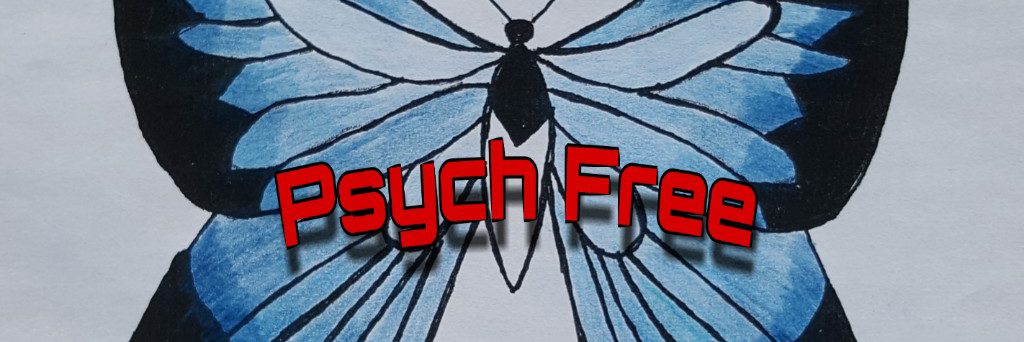Google the term antipsychiatry, and you get the following definition from Wikipedia:
Anti-psychiatry is a movement based on the view that psychiatric treatment is more often damaging than helpful to patients. It considers psychiatry a coercive instrument of oppression due to an unequal power relationship between doctor and patient and a highly subjective diagnostic process.
You’ll also see an article in the “Featured Snippets” area from MD Edge entitled “The Antipsychiatry Movement: Who and Why” in which Henry A. Nasrallah, editor-in-chief of Current Psychiatry, seems to suggest that most antipsychiatrists are unfairly targeting a fallible yet scientifically stringent medical specialty for ancient treatments that it has long-since abandoned.
He says, “I wish antipsychiatrists would spend a week on an acute psychiatric unit to witness the need for and benefit from psychotropic medications for psychotic, manic, or depressed patients.” The truth is that most who harbor antipsychiatric leanings have spent months or even years in these wards only to be permanently damaged by the experience. The outdated treatments he claims are the source of antipsychiatry’s beef have merely been replaced by other treatments that can be just as harmful.
Choosing to take on the mantle of antipsychiatry has meant being dismissed as a Scientologist, and just as out of touch with reality as those who still believe the earth is flat. This is changing, however, as more people who have spent years as patients come to recognize the harm that the bio-psychiatric paradigm has done them, and more mental health professional have come to question efficacy of the treatments they have prescribed as they take a realistic look at the outcomes for their patients.
Sandra Steingard, MD wrote on MadinAmerica.com “Anthropologists Contemplate the Future Role of Psychiatry” in which she quotes an article in The New England Journal of Medicine, “Medicine and the Mind — The Consequences of Psychiatry’s Identity Crisis”
Gardner and Kleinman posit that psychiatry is a field in crisis. They point out the limitations of our knowledge base, noting that “psychiatric diagnoses and medications proliferate under the banner of scientific medicine, though there is no comprehensive biologic understanding of either the causes or the treatments of psychiatric disorders.”
When you consider the critical eye with which many in the medical and scientific community now view the current biological approach to psychiatry you start to see those with antipsychiatry leanings less as foil hat wearing zealots and more as deep thinking intellectuals willing to turn popular myths on their head to find the truth. The Wikipedia definition of antipsychiatry rings true for me and the intellectual rigor I’ve witnessed among most people I know who call themselves “antipsychiatry” tempts me to count myself among them.
The biggest difference between psychiatry and antipsychiatry is their respective potential for damage. You don’t have to look hard on the internet to find thousands of people who have been harmed by psychiatric treatments. On the other hand, you’d be hard-pressed to find someone who had been safely tapered off medications or who voluntarily abandoned their psychiatric label and were worse off or it.
The problem is I still need psychiatry. I never needed the medication to deal with anxiety and depression caused by trauma and loss, but like ivy that has wound its way around a trellis, my brain has become dependent on this medication to function. To suddenly stop taking it would be like yanking the trellis out of the plant causing potentially irreparable damage and throwing my brain into a state of chaos that would make me temporarily unable to function. I need people who can prescribe the medication so I can continue to safely taper off.
Unlike many in the antipsychiatry movement, I believe the world still needs psychiatry if only to fix the mess they’ve made with their bogus labels and harmful medications. Beyond that, even without the labels and the drugs we still live in a world filled with emotional chaos and mental strife. If psychiatry would change the paradigm and start asking people in pain what happened to them rather than what’s wrong with them, return to its therapeutic roots and reject its faulty chemical imbalance approaches then it might finally start doing more good than harm. I believe that this is possible and for that reason -the belief that psychiatry is capable of change and a truly healing approach to emotional distress- I do not consider myself antipsychiatry.
